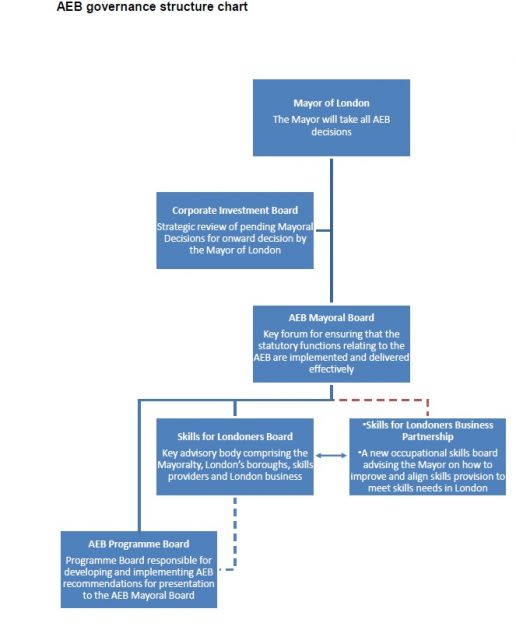There was cause for celebration at a university technical college this week as it was rated ‘good’, while four new apprenticeship providers were found to be making ‘reasonable progress’ in all areas.
But one specialist college didn’t fare as well after Ofsted said it ‘requires improvement’, in the only other report published in the last seven days.
West Midlands UTC, which specialises in construction and IT and teaches just over 200 students aged 14 to 19, was given grade twos across the board in its first ever inspection.
The principal, Avtar Gill, who is “ably supported by senior leaders”, was praised for overseeing “rapid improvements in behaviour, attendance, teaching and students’ progress”.
“Leaders demonstrate openness and integrity,” Ofsted found. “They have high expectations of staff and students.”
Inspectors said the school’s curriculum is “distinctive and well planned”, while employers “contribute impressively to many aspects of school life” and “the school’s specialism is evident in all that it does”.
“Most teaching is very effective,” they added. “Teachers use their strong subject knowledge to plan appropriate tasks that help students to make good progress.”
But Ofsted did note that some weaker teaching remains.
“Here, teachers’ questions do not help to deepen students’ understanding, and tasks are sometimes too easy or too hard,” inspectors said.
The report will be welcomed by UTC supporters, following a tough period at the end of the 2017/18 academic year when three separate ‘inadequate’ reports were published by Ofsted in the space of a week.
Estio Training Limited, based in Leeds, was one of the four ‘new’ apprenticeship providers to receive an early monitoring visit from Ofsted, with reports published this week which found all were making ‘reasonable progress’ in all three themes under review.
Inspectors said leaders and managers at the provider have a “strategy that is carefully devised and clear” and they “aspire to become a national market leader of IT-related apprenticeships”.
“Apprentices’ starting points are defined clearly through skills scans and base-line assessments that are detailed and relevant to the specific programme that they are starting,” they added.
The Management Academy Ltd, based in Oxfordshire, came in for similar praise.
“Leaders have a clear strategic direction to provide training for managers within the aviation industry,” Ofsted said.
“They have worked closely with a single employer to design a course that meets its business needs and the needs of apprentices.”
Meanwhile, leaders at Firebrand Training Limited, based in Bedford, “share a clear vision and determination to provide the highest quality of apprenticeship training for the digital industry.
“Since gaining a directly funded contract, senior leaders have ensured that they have a suitable management structure in place, and sufficient assessors to meet the growth in apprenticeship numbers.”
And at the University College Of Estate Management, based in Berkshire, “staff assess all new apprentices carefully to decide if the surveying technician advanced apprenticeship is appropriate for them and their employers”.
“When a potential apprentice has existing knowledge and skills which make an advanced apprenticeship insufficiently developmental, managers work with the employer to help prepare the employee for a higher-level apprenticeship,” inspectors said.
The only negative report was for Brentwood Community College, a specialist college in Greater Manchester which was established in 2014 “as a result of the local area special educational needs review for students aged over 19 who were progressing from the associated special school”.
Ofsted rated it ‘requires improvement’ in all fields apart from personal development, behaviour and welfare, which was rated ‘good’.
“The quality of teaching, learning and assessment is not yet sufficiently good so that all students make the progress of which they are capable,” Ofsted said.
“The curriculum offer requires further development so that it meets all the needs, interests and abilities of students who have high needs and ensures that they achieve their long-term goals and aspirations.”
However, the college was praised for ensuring “students make very good progress in developing strategies to manage their own behaviour”.
| Other (including UTCs) |
Inspected |
Published |
Grade |
Previous grade |
| West Midlands UTC |
19/06/2018 |
03/09/2018 |
2 |
NA |


